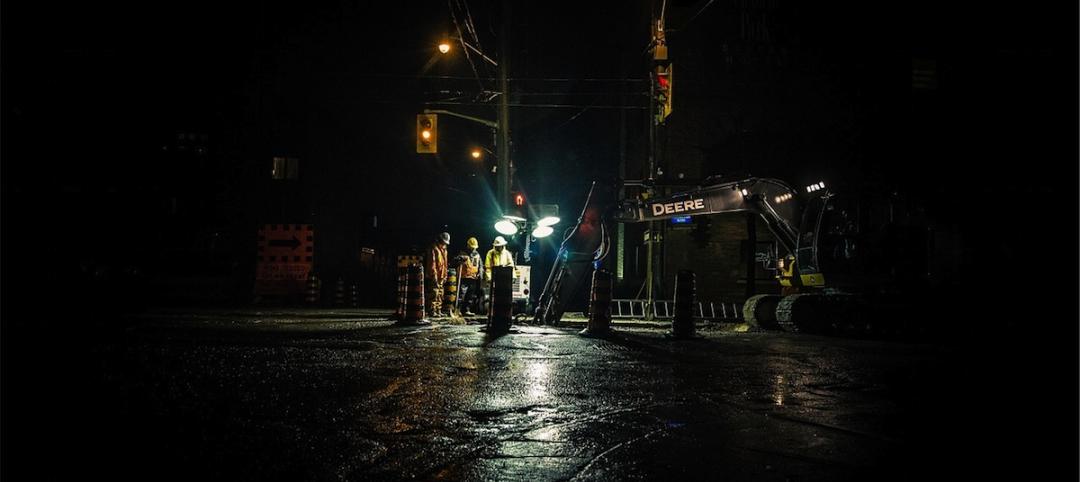The Oklahoma Uniform Building Code Commission rejected a proposal by its Energy Conservation Technical Committee to upgrade the state’s residential energy conservation code.
The commission, composed of builders, subcontractors, engineers, code officials, and other construction industry professionals, voted unanimously against the committee’s research and recommendations. That proposal was based on the 2015 International Residential Code, a less stringent version than the most recent 2018 code.
The chairman of the committee expects the commissioners to derail the entire effort to beef up the state’s code. Many members of the commission opposed the committee’s work from the onset, citing concerns that the code would add construction costs and would amount to a government mandate, he said.
One commissioner quoted in an article in the Oklahoman, pointed to “tremendous escalation in demand which has caused rapid increases in home prices,” in recent years. In addition, the current labor shortage would challenge jurisdictions to increase the levels of inspections, he said. Another complaint: a shortage of energy raters would make it difficult to test every new home.
Related Stories
Codes and Standards | May 7, 2015
Lavish residential skyscrapers prompt concern over shadows
New York, San Francisco, Washington, D.C., and Boston among cities grappling with height regulations.
Codes and Standards | May 7, 2015
Several states moving to repeal prevailing wage laws
Anti-prevailing wage bills that apply to state-funded construction projects have been passed in West Virginia and Nevada. Similar laws could be passed in Indiana and Illinois.
Codes and Standards | May 7, 2015
New OSHA rule aimed at protecting construction workers in confined spaces
The agency says the rule will protect about 800 workers a year from serious injury.
Codes and Standards | May 1, 2015
Colorado House kills construction defects bill
The legislation would have made it harder for condo owners to sue builders.
Codes and Standards | May 1, 2015
New energy efficiency program, Tenant Star, gets OK from Congress
The voluntary program for commercial and government buildings is modeled after Energy Star.
Smart Buildings | May 1, 2015
FEMA to require states to evaluate risks posed by climate change
The aim is for states to do a better job planning for natural disasters they are likely to face in a warming world.
Codes and Standards | May 1, 2015
Department of Energy asks for feedback on cost-effectiveness of building energy codes
DOE’s RFI wants input on how to improve methodology on cost assessment.
Codes and Standards | Apr 22, 2015
New York State renews design-build authority
Five state agencies are allowed to use design-build on certain projects.
Codes and Standards | Apr 22, 2015
OSHA’s estimated cost of silica rule said to underestimate impact by $4.5 billion annually
The coalition says that OSHA’s flawed cost estimates point to flaws in the rule, and has urged the federal agency to reconsider its approach.
Codes and Standards | Apr 22, 2015
2016 Seismic Provisions for Structural Steel Buildings draft available for public review
The comment period is open until May 29.















